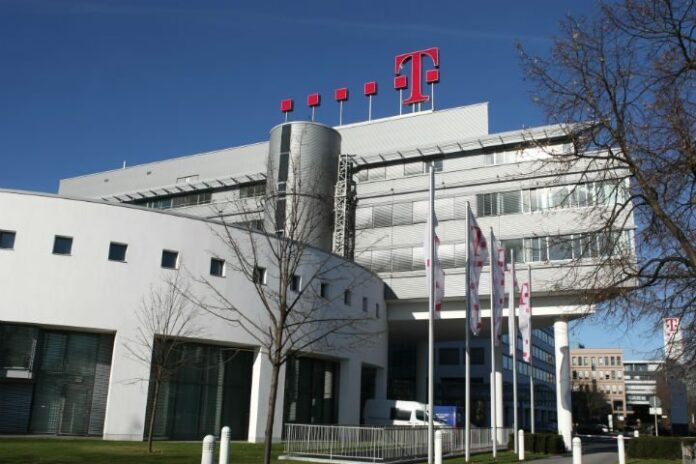The number of cyberattacks on Deutsche Telekom networks has risen from 300,000 to 1 million per day, according to DT Group CEO Timotheus Höttges. Speaking at the third annual Cyber Security Summit in Bonn on Nov. 3, Höttges said that the security threat is growing from year to year. A DT-commissioned survey found that nine out of 10 German companies registered external attacks in 2014, with 14% saying the attacks came on a daily basis.
About 180 delegates attended the security summit hosted at DT’s Bonn headquarters, including officials from the European Union, NATO, and German and U.S. governments. One notable guest was ACLU director Ben Wizner, who also happens to be the attorney for Edward Snowden.
The documents leaked by Snowden revealing the spying activities of the U.S. National Security Administration have had a profound impact on Europe and on Germany in particular. In fact, according to the DT survey, nearly two-thirds of managers now see a need to create European alternatives to U.S.-based Internet and IT giants such as Google and Facebook. They would even like to see an Internet just within the EU borders, even if that is unlikely.
“There has been a huge about-face in opinion since the NSA affair,” said Reinhard Clemens, a DT management board member and the CEO of T-Systems. “Even just two years ago, most managers saw no need for European counterparts to the technology giants outside of Europe.”
More telecom news from Europe:
Huawei will invest ₤5 million ($7.95 million) in the U.K.-based 5G center. The Chinese telecom equipment-maker announced its commitment to the University of Surrey’s 5G Innovation Center. Huawei and the other 5GIC partners are working to develop the world’s first 5G test bed at the University of Surrey campus in England. The test bed is expected to be completed by September 2015, and cover the whole university campus. Proponents believe that 5G will deliver unprecedented data speeds of anywhere from 1 gigabit to 10 gigabits per second.
Iliad not interested in buying Bouygues Telekom. Dashing hopes for telecom consolidation in France, Iliad owner billionaire Xavier Niel told a radio program that his company is not interested in buying its rival.
Hungary abandons Internet tax after mass protests. Following protest marches of tens of thousands of mobile-phone wielding citizens last week, Hungary Prime Minister Viktor Orban said he would no longer pursue the tax. The proposal would have charged 150 forints (about 60 cents) for each gigabyte transferred. The tax was strongly opposed by the EU and Magyar Telekom, the country’s largest telecommunications provider.
Altice offers to buy Oi’s Portugal Telecom assets for $8.8 billion. Altice, the Luxembourg-based group that owns France’s Numericable, announced it has made a fully financed offer of €7.025 billion (approximately $8.8 million) to buy PT assets from Oi. The deal does not include PT’s African operations or its Rio Forte debt securities.
Want to know more? Check out our EMEA coverage, and follow me on Twitter!

